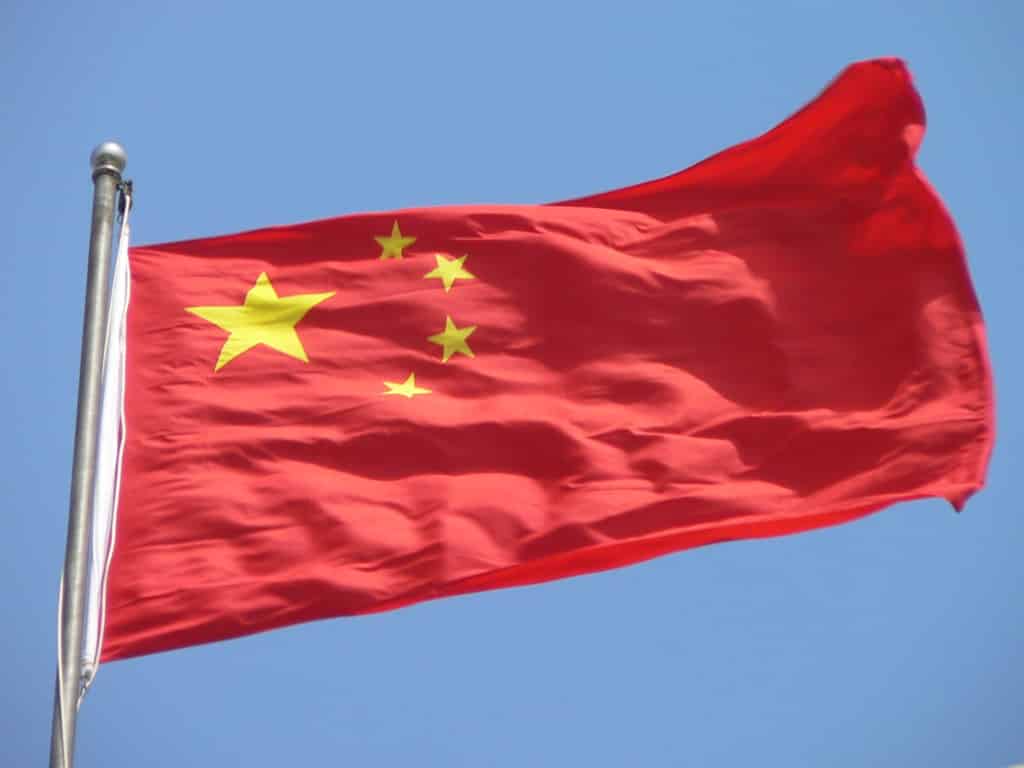Enforcing Chinese Judgments
It has become routine for courts in the United States to recognize and enforce Chinese judgments, subject to the same limits that are applied to judgments from other countries. Last year, a New York court threatened to upset this positive trend. Relying on U.S. State Department Country Reports noting corruption and lack of judicial independence…
Continue ReadingNo Immunity for Diplomats Who Hold Domestic Workers in Conditions of Modern Slavery
The U.K. Supreme Court issued an important decision last week in Basfar v. Wong. The Court held that a diplomat who allegedly kept a domestic employee in conditions of modern slavery was not immune from suit because the alleged conduct brought the suit within the commercial activity exception to immunity under the Vienna Convention on…
Continue ReadingCourt Holds that China’s Data Privacy Law Does Not Bar U.S. Discovery
A recent decision held that China’s new data privacy law does not bar compliance with U.S. discovery orders. In Cadence Design Systems, Inc. v. Syntronic AB, Chief Magistrate Judge Joseph Spero reasoned that there was no conflict between his discovery order and China’s Personal Information Protection Law (PIPL) because of an exception in the PIPL for…
Continue ReadingWhen Terrorists Default, Should Courts Consider Personal Jurisdiction?
A case from last week, Kaplan v. Hezbollah, illustrates the intricacies of consent-based personal jurisdiction in the context of default judgments and raises questions about the due process rights of terrorist organizations (and other unpopular defendants). U.S. citizens injured by Hezbollah missile attacks in Israel sued under the Antiterrorism Act (ATA). Hezbollah did not enter…
Continue ReadingSection 230 and the Presumption Against Extraterritoriality
The Ninth Circuit opinion in Gonzalez v. Google (2021) raises important questions about how the presumption against extraterritoriality applies to immunity defenses invoked by social media companies under 47 U.S.C. § 230.Section 230 shields internet companies from civil liability for user-generated content hosted on their platforms. Gonzalezholds, effectively, that there is no conceivable application of…
Continue ReadingHighlights from the Media Coverage of ZF Automotive
The Supreme Court’s unanimous decision in ZF Automotive US, Inc. v. Luxshare, Ltd. has generated discussion, criticism, and approval in the transnational litigation and international arbitration communities. Writing for the Court, Justice Barrett relied on the meaning of the term “tribunal,” specifically when paired with “foreign” or “international,” to resolve a major circuit split and…
Continue ReadingZF Automotive: Closing a Door, Opening a Window
The Supreme Court’s decision in ZF Automotive US, Inc. v. Luxshare, Ltd. drew a bright line for a statute that is otherwise regulated almost entirely by judicial discretion. In a terse and unanimous opinion, Justice Barrett wrote that Section 1782 does not permit district courts to order discovery for use in private international arbitration. The…
Continue ReadingNinth Circuit Deepens Split over Extraterritoriality of Civil RICO
In a recent decision, Smagin v. Yegiazaryan, the Ninth Circuit weighed in on a circuit split involving the extraterritorial application of RICO’s private right of action. In determining whether there is injury to business or property in the United States, the court rejected the Seventh Circuit’s residency-based test, siding instead with the Second and Third…
Continue ReadingZF Automotive: A Practitioner’s Perspective
As a practitioner in commercial litigation with an emphasis on China-related cross-border disputes, I have been eagerly anticipating the Supreme Court’s decision in ZF Automotive US Inc. v. Luxshare, Ltd., resolving a circuit split on the applicability of Section 1782 discovery to private international arbitration. In this post, I share the practitioner’s perspective on what…
Continue ReadingThe Dogs that Didn’t Bark in ZF Automotive
I confess I’m not big on blogs. They often do more mischief than good, and posts can distract folks from their day jobs (whether research or deaning). Then again, who can say no to a friendly request from good people like Maggie, Ingrid, Bill and John? Plus, several of us appeared in the case (George…
Continue Reading



